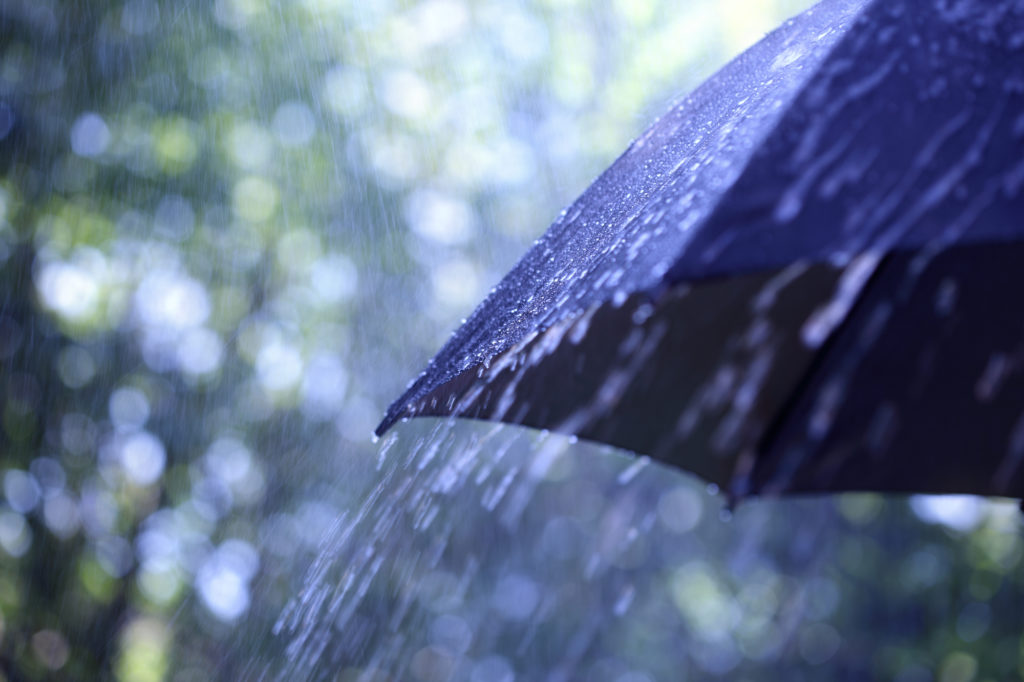
If you haven’t checked out the East Multnomah County Soil and Water Conservation District District – www.emswcd.org – you should! Their website is filled with eco-friendly ideas for taking care of your land – whether it’s a condo backyard or a larger property. The Soil and Water Conservation District is charged with helping to reduce water pollution from storm run-off: the rain that pours off our roofs, driveways, and streets, picking up every pollutant in its path before dumping into storm drains and then into our rivers.
The Soil and Water Conservation District also works with land caretakers to eliminate soil erosion, reduce invasive plants, and re-introduce Native species, with all their benefits for wildlife. A great website and an even more interesting physical location at 5211 N Williams Ave. in Portland.
The East Multnomah Soil and Water Conservation District Office is located in a renovated home: The large lot is designed with pervious concrete driveways to allow rain to sink into the soil. The gutters flow into landscaped rain gardens that use rock and water absorbing plants to send roof water back underground instead of flash flooding into the street. The gorgeous metal rain chain in the shape of a tree is a work of art. The facility also sports a beautiful ‘green roof’ that absorbs rain for it’s lush plantings. A great place to visit for inspiration for your sustainable yard!

What are Rain Gardens?
The City of Portland is encouraging homeowners to disconnect their gutters, reducing the amount of water flowing into our overloaded water systems. The Water Dept. even offers a $10.00/month credit for doing so! However, just disconnecting your gutters without providing a place for water to disperse in your yard can create a soggy unhealthy garden and can damage your home.
Fortunately, there is a simple low-tech solution: A Rain Garden is a site that collects water run-off (from a roof or other hard surface) and allows it to percolate slowly into the soil. A selection of water-loving plants and grasses and natural rock and boulders can give the appearance of a mini-wetland or stream bed, integrated into your yard. Rain Gardens can reduce the need for irrigation and can be designed to attract butterflies, hummingbirds, and pollinators. A Rain Garden is a simple way to restore a bit of nature around your home.




